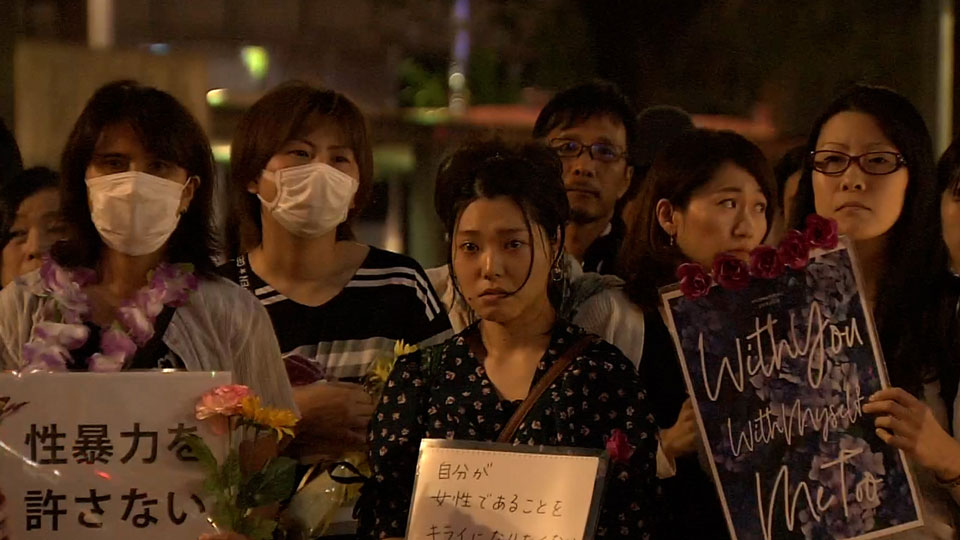Sexual Assault Laws Under Review in Japan

A Japanese government panel has proposed a set of revisions to the national Penal Code that it says will make it easier for sexual assault victims to find justice. The move is a response to a series of acquittals in sexual violence cases, and protests by victims’ rights groups.
Out of step with reality
Problems with the existing law were highlighted by not-guilty verdicts in four cases in 2019.
In one of the trials, a father accused of raping his 19-year-old biological daughter was acquitted even though the court acknowledged that he had had sex with her against her will. The prosecution case — that the man took advantage of the daughter’s inability to resist the sexual attack — was rejected.
Under the current law, a victim bears the onus of proving not only that there was no consent, but also that there was “assault or intimidation” or other factors that made it impossible for them to put up resistance.
In the father-daughter case, the prosecution was unable to meet this standard, although a higher court reversed the ruling the following year and sentenced the man to 10 years in prison.
Regardless, victims and their supporters argue that the legal standard is out of step with reality. They say that even without assault or intimidation, fear often affects the way a person behaves under attack.
Proposed revisions to the Penal Code
The Justice Ministry panel proposals include a more precise definition of what constitutes “forcible” sexual intercourse.
The draft outline of its revisions, presented on February 3, outlines eight specific factors, each of which would criminalize sexual intercourse in an assault scenario.
In addition to assault or intimidation, they include intoxicating the victim with alcohol or drugs, not giving the victim a chance to refuse, scaring or shocking the victim, and taking advantage of status.
The proposals also call for extending the statute of limitations by five years for rape and indecency cases. The move recognizes reporting difficulties often faced by victims.
One victim support group that welcomes the proposals overall wants the statute of limitations to be abolished altogether, or extended by at least 15 years.
“Some victims take a long time to report the offender due to a sense of fear, shame, remorse, guilt and self-punishment that has been planted by the perpetrator,” says Sato Yukiko, representative director of sexual assault survivors’ organization Spring.
While victims support the revisions, critics of the changes claim they could lead to false accusations. Criminal defense lawyer Cho Seiho warns that the provision related to abusing a position of status is of particular concern.
“Clarifying what constitutes a crime and what does not is the most important thing in making criminal and punitive laws,” he says. “If those criteria were not clear, there are risks for false accusations.” Cho adds that people need to be able to live their lives freely without any confusion about what constitutes a crime.
New criminal categories
The Justice Ministry panel proposals also include two new categories that relate to the use of technology and the internet.
One makes it an offence to approach children for sexual purposes. The change reflects an increase in the number of children victimized through social media.
The other targets secretly photographing and filming indecent images, in addition to providing them to third parties.
While ‘peeping tom’ photography is banned under many prefectural ordinances, a case during 2012 highlighted the need for a national law. In that instance, a male plane passenger was arrested on suspicion of filming up a female flight attendant’s skirt. While he admitted to the crime, prosecutors did not charge him because they couldn’t determine which prefectural ordinance should be applied.
The proposals also seek to raise the age of consent from 13 to 16, and criminalize sexual activity with anyone younger than 16, except when it takes places between teens who are in the same age category.
The Justice Ministry plans to submit a bill to revise the Penal Code during the current session of the Diet.








